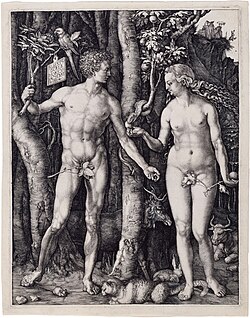Women as theological figures have played a significant role in the development of various religions and religious hierarchies.
Contents
- Women theological scholars
- Baháʼí Faith
- Buddhism
- Christianity
- In the New Testament
- In the Early Christian Church
- In the Medieval church
- In the Catholic Church (Post-Reformation)
- In Protestant churches
- In Eastern Orthodoxy
- In the Latter Day Saint movement
- Hymnodists
- Hinduism
- Islam
- Jainism
- Judaism
- Sikhism
- Daoism
- Other religions
- Spiritual mediums
- See also
- References
- Bibliography
- External links
Throughout most of history women were unofficial theologians. They would write and teach, but did not hold official positions in Universities and Seminaries. Beginning in the second half of the twentieth century, women theological scholars began to be appointed to formal faculty positions at theological schools. Women are slowly being recognized as theological scholars.
George Gallup Jr. wrote in 2002 that studies show women have more religiosity than men. Gallup goes on to say that women hold on to their faith more heartily, work harder for the church, and in general practice with more consistency than men. [1]

